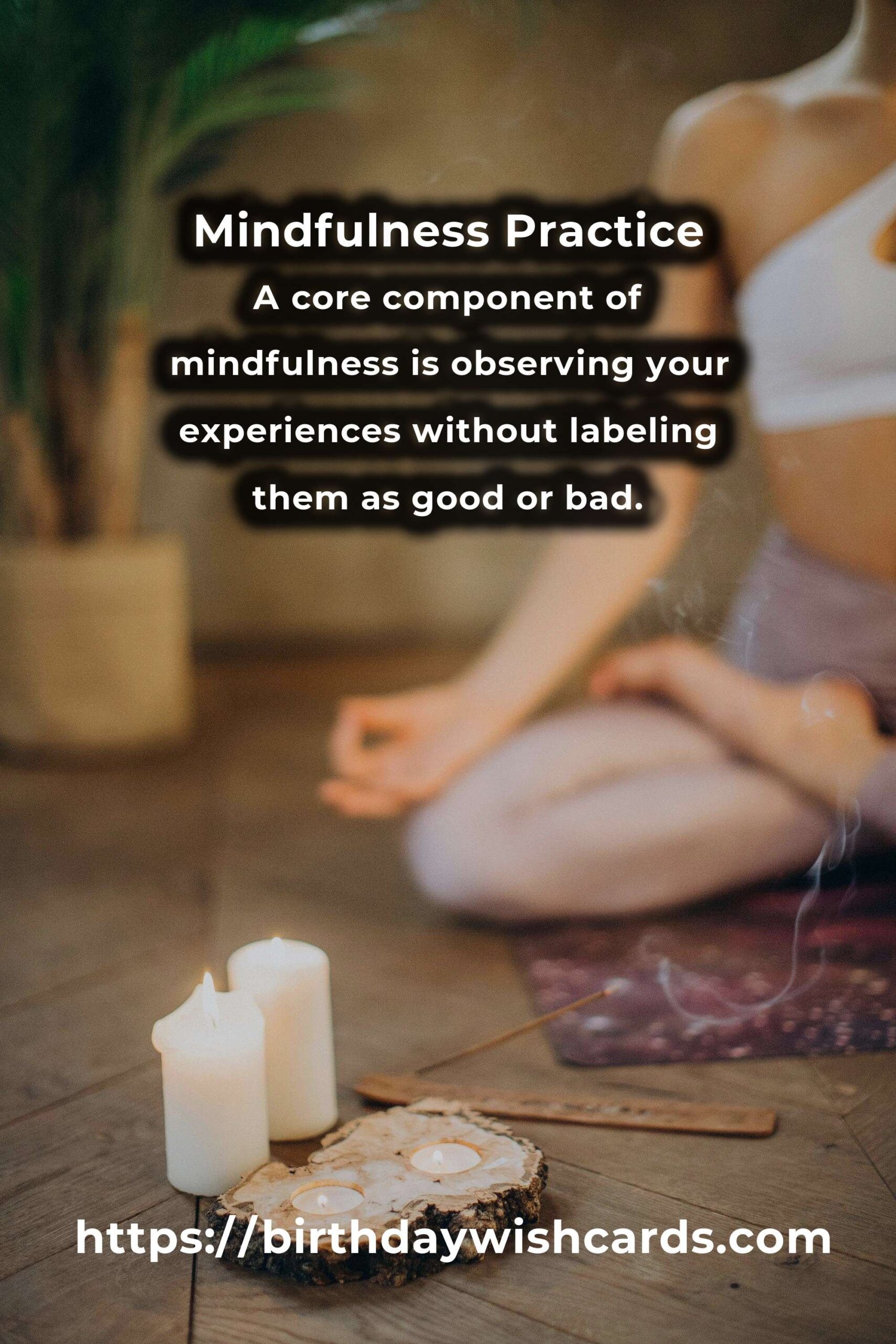
In today’s fast-paced world, mindfulness has become an essential practice for maintaining mental well-being and achieving a balanced life. But what exactly is mindfulness? At its core, mindfulness is the practice of being fully present and engaged in the moment, aware of your thoughts and feelings without distraction or judgment. This comprehensive guide will delve into the principles of mindfulness and how you can integrate them into your daily life.
Understanding Mindfulness
Mindfulness is rooted in ancient meditation practices, particularly from Buddhist traditions, but it has been adapted for use in secular contexts, including therapy and personal development. The purpose of mindfulness is to foster a state of heightened awareness and focused attention, helping individuals to experience life more fully and reduce stress.
Principles of Mindfulness
1. Present Moment Awareness
This principle involves focusing on the here and now. Rather than dwelling on the past or worrying about the future, mindfulness encourages you to experience each moment as it happens. This awareness leads to a deeper understanding of your thoughts, emotions, and actions.
2. Non-Judgment
A core component of mindfulness is observing your experiences without labeling them as good or bad. This non-judgmental attitude helps to create a sense of acceptance and peace, reducing the mental clutter that often accompanies judgmental thinking.
3. Acceptance
Acceptance involves acknowledging your thoughts and feelings without trying to change them. By accepting things as they are, you free yourself from the struggle of resisting or denying reality, which can in turn reduce stress and anxiety.
4. Beginner’s Mind
Approaching each moment as if you are seeing it for the first time is a fundamental aspect of mindfulness. This beginner’s mind allows you to view experiences with curiosity and openness, fostering a deeper engagement with life.
5. Patience
Mindfulness teaches patience by encouraging you to understand that things unfold in their own time. Patience allows you to remain calm and composed, especially in challenging situations, and helps you to develop a more balanced perspective.
Practicing Mindfulness
Integrating mindfulness into your daily routine doesn’t require a complete lifestyle overhaul. Here are some simple ways to practice mindfulness:
Mindful Breathing
One of the easiest ways to practice mindfulness is through mindful breathing. Take a few minutes each day to focus on your breath, noticing the sensation of air entering and leaving your body. This practice helps center your mind and bring awareness to the present moment.
Mindful Eating
When eating, pay attention to the taste, texture, and aroma of your food. Eating mindfully can enhance your enjoyment of meals and help prevent overeating by promoting a more conscious relationship with food.
Body Scan Meditation
This practice involves mentally scanning your body from head to toe, noticing any sensations, tension, or discomfort. Body scan meditation can help you develop greater awareness of your physical state and reduce stress.
Mindful Walking
Bring mindfulness to your walks by focusing on the sensations of movement and your surroundings. Notice the feeling of your feet touching the ground, the rhythm of your steps, and the sights and sounds around you.
Benefits of Mindfulness
Practicing mindfulness offers numerous psychological and physical benefits. It can reduce stress, improve focus, enhance emotional regulation, and increase overall well-being. Moreover, mindfulness practices have been shown to decrease symptoms of anxiety and depression and improve sleep quality.
Conclusion
Mastering mindfulness requires practice and patience, but the rewards are profound. By incorporating mindfulness principles into your life, you can cultivate a deeper sense of awareness, acceptance, and peace, ultimately leading to a more fulfilling and balanced life.
Mindfulness is the practice of being fully present and engaged in the moment. This comprehensive guide will delve into the principles of mindfulness and how you can integrate them into your daily life. Mindfulness encourages you to experience each moment as it happens. A core component of mindfulness is observing your experiences without labeling them as good or bad. By accepting things as they are, you free yourself from the struggle of resisting or denying reality. Mindfulness teaches patience by encouraging you to understand that things unfold in their own time. Integrating mindfulness into your daily routine doesn’t require a complete lifestyle overhaul. Practicing mindfulness offers numerous psychological and physical benefits.
#Mindfulness #MentalWellbeing #StressReduction #Meditation #SelfCare

